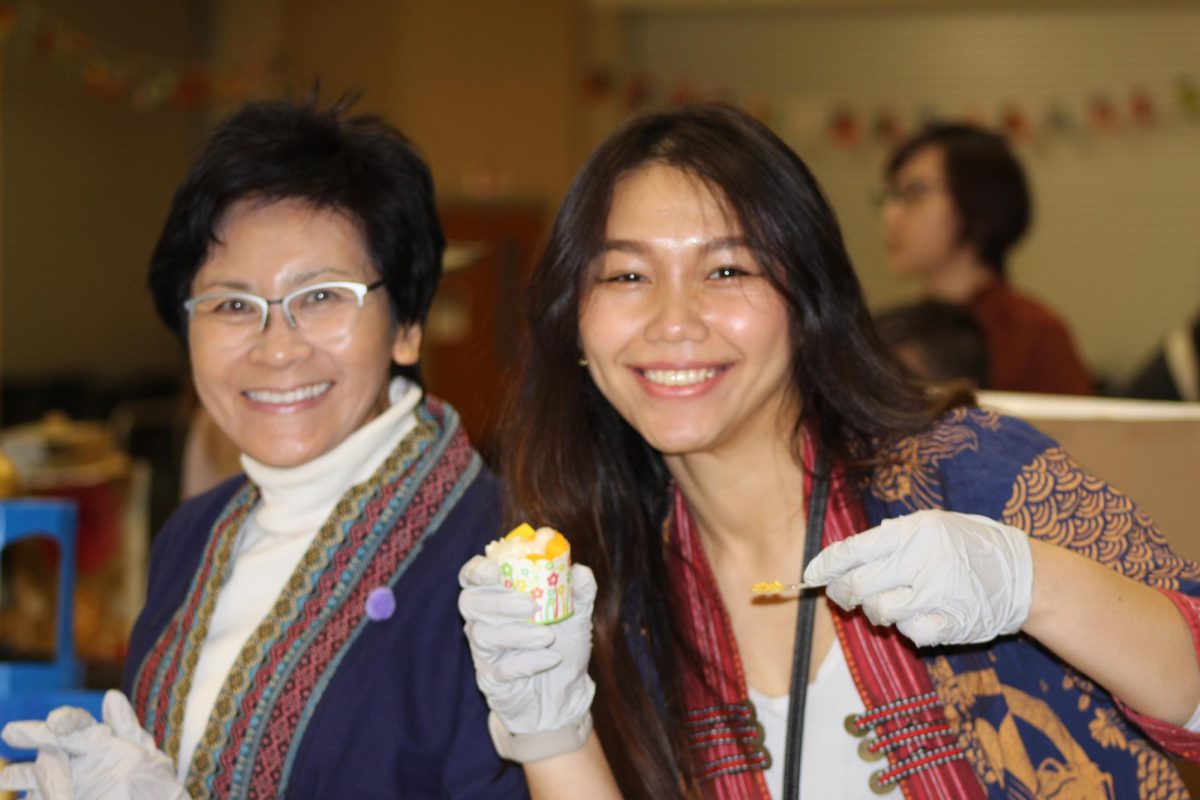A little more than 50 years ago, Martin Luther King, Jr. impacted the world in a way many people never would have imagined possible as he set in motion a civil rights movement that promoted a racially undivided America.
“I think Martin Luther King’s ultimate goal was to make it that it didn’t matter if you were black or white,” freshman Polly Roth said. “His goal was to make it where we all thought of each other as just human, and that’s all that matters. It’s just equal.”
While Martin Luther King Jr. Day, a national holiday celebrated on the third January of each year, is recognized by many schools and workplaces as a day off, the Lovejoy ISD is still in session this year because of a community decision.
“[A district committee] looks at which dates are they going to place as either spring break, how long the holiday break over thanksgiving is, and which days are or are not recognized,” principal Chris Mayfield said. “The specific reason is really that the committee looked at it and determined that over the course of the year, to get all the school days in, that day was not chosen as a holiday. And it varies year to year. The calendar next year could very well represent a different day, and sometimes they rotate those around.”
The movement that Martin Luther King started in his lifetime is still ongoing in today’s society as the issue of racism is not completely gone.
“I feel like [Martin Luther King] started this movement, but it’s still continuing today, and it will probably take a lot more time to happen,” freshman Emily Belk said. “I think that [the issues] are seen today as the way people view each other. There’s not really segregation anymore, and there aren’t any laws limiting people, it’s just we don’t view each other equally.”
While racism may be less pronounced, some people on campus feel more intangible problems have arisen.
“I think the country has changed,” AP Human Geography teacher Homa Lewis said. “Very obvious issues of discrimination have, for the most part, been solved, and now the issues are more subtle. I think the country still deals with the issue of affirmative action. That’s not just race, it could also be gender.”
In the future, many hope that the issues common today will be non-existent and new milestones will be achieved.
“I have two grandsons that are bi-racial,” Lewis said. “They’re six months and five months old and I hope in 50 years that they are living in a world that, just because they’re a brown male, doesn’t mean that they’re targeted unfairly. I’m hoping that it is a more welcoming society, less discrimination, and in 50 years, I would like for my granddaughter to be the first black women president.”



















